As a SUNY institution, Rockland Community College adheres to the SUNY Credit/Contact Hour Policy. Hour Policy. As such, the Credit Hour is the unit measure of instruction by which progress toward a degree is calculated. A credit hour is equivalent to one hour of classroom instruction (50 minutes) with a normal expectation of two hours of outside study for each class session. Typically, a three-credit hour course meets three 50 minute sessions per week for fifteen weeks for a total of 45 learning hours in a semester, regardless of time frame of delivery.
Credit Equivalent
All courses below the 100 level carry credit equivalents and are not included in GPA calculations. These credit equivalents count toward full-time status for the semester and for tuition purposes, but do not count toward degree or certificate requirements.
Credit Load
Students enrolled for 12 or more credits (or credit equivalents) are designated full-time. Students enrolled for fewer than 12 credits (or credit equivalents) are designated part-time. A typical full-time credit load for a Fall and Spring semester is 15-16 credit hours. However, students may register for up to 18 credits (or credit equivalents). If students wish to enroll for more than 18 credits, they must have written approval from an advisor.
The following is the credit limits for a given term. These totals include all parts-of-term within a given semester.
| Term | Maximum Number of Credits |
|---|---|
| Fall Semester | 18 credits |
| Winter Session | 4 credits |
| Spring Semester | 18 credits |
| Summer Semester | 12 credits |
Course Delivery Methods
There are a variety of course delivery methods available to students at RCC:
- Onsite – all classes meet at a site. This may be a combination of campus and another site. (Ex. Clinical rotation or student teaching.)
- Hybrid – classes blend online and face-to-face meetings. The face-to-face meetings are held onsite.
- Online – all course content is delivered online. There are no required face-to-face meetings.
Levels of Synchronicity
- Onsite/Face-to-Face – all courses meet on the main campus, extension site or field placement such as a clinical rotation.
- Hybrid – classes blend online and face-to-face meetings. The face-to-face meetings are held on the main campus or an extension site.
- Synchronous – Courses in which the faculty member and students meet virtually for set day(s) and time(s) through mediated communication such as Zoom, Microsoft Teams, etc
- Asynchronous – Courses in which the faculty member and students have no real time together. This is considered a fully online course through the College’s LMS.
Methods of attributing credits per course
| Method | Description |
|---|---|
| Lecture | A semester credit hour is an academic unit earned for fifteen (15) 50-minute sessions of classroom instruction with a normal expectation of two (2) hours of outside study for each class session. Typically, a three (3) credit course meets three (3) 50-minute sessions per week for fifteen (15) weeks for a total of 45 class sessions. |
| Lab | The lab and the lecture are combined into one 4 credit course, with the credits assigned to the lecture. Successful completion of the course requires students to pass both components (lab and lecture) |
| Nursing Clinical | No additional credits are assigned to Nursing Clinical courses. Successful completion of the course requires students to pass both components (lecture and clinical) |
| Field Work | Level I: No additional credits are assigned to level 1 field work. Successful completion of the course requires students to pass both components (field work and lecture)
Level II: 5 credits equals 40 hours per week for a minimum of 8-10 weeks at a facility. |
| Practicum | 1 credit equals 45 hours onsite. The average practicum is 3 credit hours onsite. The average internship is 3 credits. |
| Contract Courses | Credits may vary as the contact hours are based upon program requirements and will meet minimum credit hour requirements. |
All courses offered at the College will be reviewed for evidence of compliance with the semester/credit hour definitions set forth in the SUNY policy by the program faculty and program chair during program review. Information indicating such compliance will be provided to the Provost and Executive Vice President.
